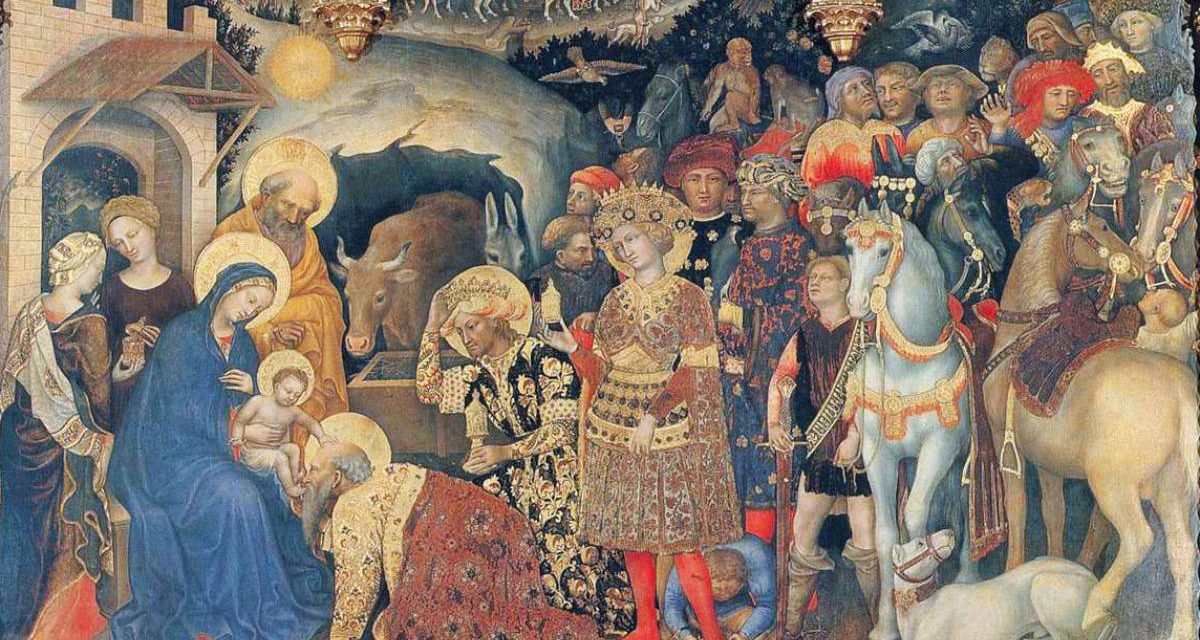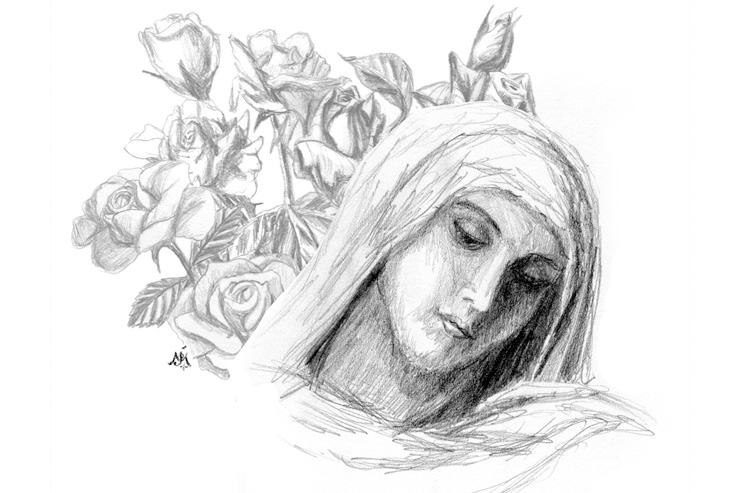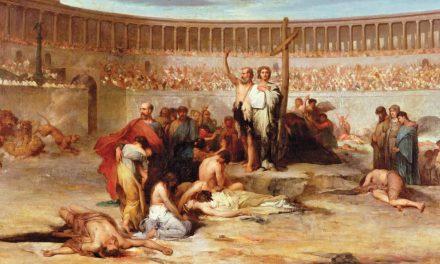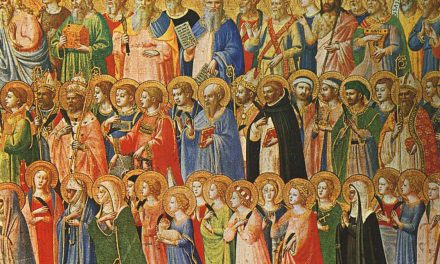As I’ve written here many times before, I’ve always been intrigued by the Magi. Their story forms the majority of Matthew’s account of the birth of Jesus Christ, and yet there remain so many questions about these mysterious figures. Where did they come from? How did they know to follow the star? What did they think when they found the Holy Family?
I once attended an art history lecture focusing on the art of the infancy narratives, where the art historian informed us that the Magi were just a nice fictional story, symbolic of the Gentile’s search for the Messiah. After all, she joked, are we really to believe men traveled from the east to Bethlehem following a star? People in the room chuckled, although I suspect most of them had never really thought about it and just wanted to look mature in front of the expert. But I wanted to raise my hand and ask, “Are we really to believe God became man?” (I kept my mouth shut.)
After all, if I’m willing to believe that, why can’t I believe that men traveled from afar looking for Him? We are too desensitized to the outlandish miracle of the Incarnation. Why is it perfectly rational to believe that God became man, but if you expect me to believe men came on camels, bearing gold, frankincense, and myrrh… that’s where I’m supposed to draw the line?
One of my favorite parts of Pope Benedict’s book on the infancy narratives, the third installment of his work, Jesus of Nazareth, is the section where he explores the Magi. Yes, these men are symbolic of the Gentile’s search for the Messiah. But Pope Benedict doesn’t discredit their actual existence. Instead he uses historical scholarship to explore who these men might have been and what they have to teach us.
He points out that the term “magi” has several different meanings. It could allude to philosophers, magicians, or even seducers (as we see in Acts 13:10). Most likely, these men were Persian priests. But Pope Benedict points out that we can learn even from the diverse meaning of the word Magi. He writes,
“The ambivalence of the concept of Magi that we find here illustrates the ambivalence of religion in general. It can become a path to true knowledge, the path to Jesus Christ. But when it fails, in his presence, to open up to him and actually opposes the one God and Savior, it becomes demonic and destructive.”
– Pope Benedict XVI, Jesus of Nazareth: The Infancy Narratives
These men, wherever they might be from and whomever they might be, are seeking to encounter the living God. The Magi represent wisdom seeking understanding. The path to true knowledge is the path to Jesus Christ. These men represent the pagan religions, the philosophers, indeed, anyone seeking truth, and they ultimately find that truth in the person of Jesus Christ. The Magi are a new beginning. The world—even the pagan one world—is seeking Christ. And He has come so that we can encounter Him.
We must seek to encounter Christ as the Magi did, not letting anything hold us back. We don’t have to face a journey by dromedary, but there are plenty of obstacles that threaten to discourage our search. Each day, we must renew our commitment to seek the face of Christ, to encounter Him in prayer and in service to our fellow man.
The Magi stop in Jerusalem, naturally seeking the king in the capital. When asked, Herod’s scribes know exactly where the king can be found and point to a prophecy, a combination of both Micah 5:2 and 2 Sam 5:2. Yet the scribes and scholars remain in Jerusalem. There is no indication that they follow the Magi or that they too seek their king.
Pope Benedict points out, “Does this, perhaps, furnish us with the image of a theology that exhausts itself in academic disputes?” As someone who works in theology, that warning has remained with me. Do we spend so much time talking about Christ… that we forget to seek Him?
We see in the short story of the Magi three reactions to Christ, which will follow him throughout his life: hatred and fear (Herod), indifference (the scribes), and adoration (the Magi). It remains so today.
What Herod sees as a threat, the Magi see as a gift. What the Jewish academics miss, the pagan scholars have sought in faith.
The Magi were willing to make the journey, leave their homes behind, risk the good opinion of fellow scholars, and do whatever was required to find the King of the Jews. They were willing to humble themselves in front of a baby born to parents of modest means, far away from the palace in Jerusalem.
At times, our search to encounter Christ costs us and takes us places we least expect. May we have the courage of the Magi to seek the gift.
Image credit: “Adoration of the Magi” (detail) Gentile da Fabriano, Public domain, via Wikimedia Commons
Please help spread the Gospel. Share this article with family and friends on Facebook and other social media.
We need your support…
Can you give as little as $10 a month to support great Catholic content? We strive to operate on a very small budget, but we need your help. Both one-time and monthly donations are welcome. Just $10 a month will help cover the cost of operating Integrated Catholic Life for one day! Please help us bring enriching and inspiring Catholic content to readers around the world by giving today. Thank you!














